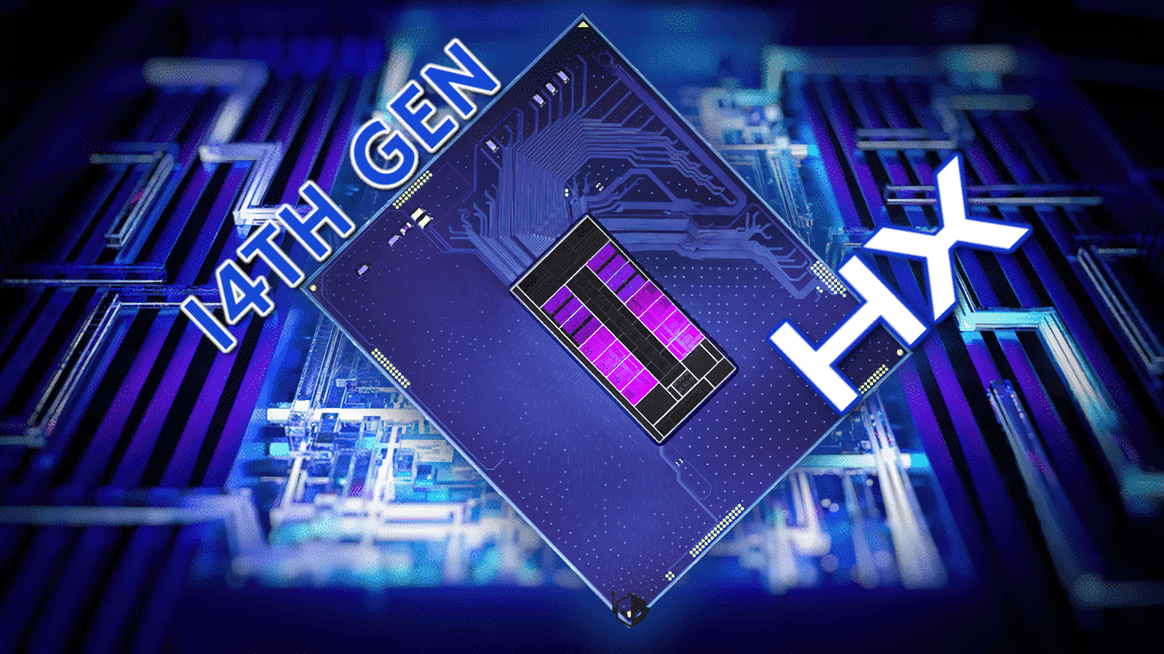Will Intel’s new Raptor Lake Refresh “HX” processors be more convincing on laptops than the “K” on desktops?
Widely criticized for its lack of ambition – and real new features in fact – Intel’s Raptor Lake Refresh generation, however, has a processor that is a little more prominent than the others.
As we pointed out during our test, the Core i7-14700K is indeed the only one of the bunch to review things in more depth with the integration of four more efficient cores on the Core i7-13700K.
8 P cores and 12 E cores like the 14700K
Particularly spotted by our colleagues from VideoCardzleaks from the Geekbench database confirm that the Raptor Lake Refresh for laptops will experience such an improvement.
Thus, a configuration based on Core i7-14700HX was noticed on the Geekbench measurement software site. The details of this configuration confirm that the processor in question is indeed equipped with 20 cores and 28 threads, which leaves little room for doubt: the organization of the CPU is in 8 efficient cores and 12 efficient cores.
The Geekbench base speaks of “Cluster 1” for the former and “Cluster 2” for the latter, but above all this puts the 14700HX at the level of the 13850HX of the previous generation and, therefore, a clear step ahead of its predecessor, the 13700HX.
Up to 18.7% better than 13700HX
In addition, Geekbench mentions a maximum operating frequency of 5,287 MHz, but our colleagues point out that according to the JSON data, it would rather be 5,462 MHz.
Such a frequency would confirm the gains made by Intel on the Raptor Lake Refresh “K” that we tested a few days ago: we were then talking about a maximum of 200 MHz better in boost frequency on two cores. Knowing that the 13700HX clocked at 5 GHz and that the 13850HX had to make do with 5.3 GHz, we are “on target” here.

In terms of performance, the results are also “on target” with gains of around 18.7% in multi-core and 12% in single-core compared to the Core i7-13700HX. Now all that remains is to wait for an official release date from Intel.
Source : VideoCardz

1